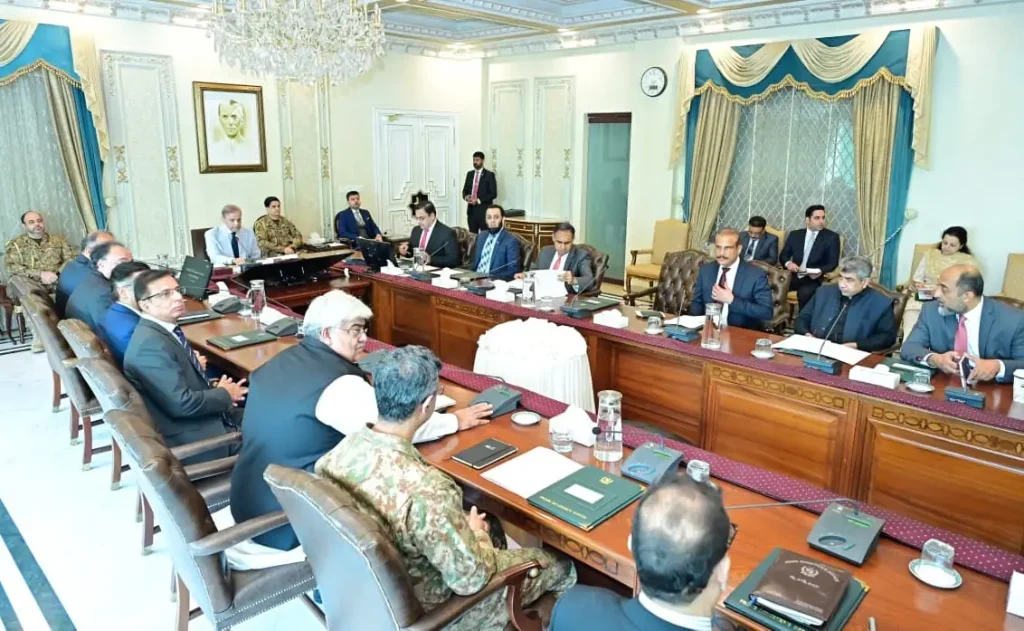Pakistan is set to roll out artificial intelligence (AI)-based risk management systems in its customs clearance process, as part of the government’s wider reforms aimed at boosting revenue and facilitating trade.
The development came during a review meeting on making the customs inspection and assessment system faceless on Tuesday.
Chairing the meeting, Prime Minister Shebaz Sharif said the customs inspection and assessment system should be made compatible with modern technology and faceless to ensure transparency.
“The aim of improving and modernising the customs system is to increase the country’s revenue by facilitating businessmen involved in trade,” PM Shehbaz was quoted as saying in a statement, released by the Prime Minister’s Office (PMO).
FBR introduces Pakistan’s first AI-powered customs clearance system
The time required in administrative procedures for customs inspection and assessment should be minimised, he said.
PM Shehzad directed authorities to seek the services of impartial officers for hearing the review appeals filed by businessmen on customs assessment.
The premier called for a systematic plan for cargo increase at the ports and its early delivery so that the goods can move from the port to their destination as soon as possible.
As per the PMO’s statement, the prime minister issued instructions to the customs authorities and all relevant institutions for the early, complete and effective implementation of reforms. He directed to take all necessary steps for important aspects such as transparency in the customs system, increase in tax collection and convenience for businessmen.
During the meeting, the prime minister was briefed on the steps taken so far in customs inspection and assessment.
He was told that an AI-based risk management system will also be activated soon.
The meeting was informed that the time required for customs clearance is being reduced to a minimum by using AI in customs scanners.
It was learnt that the government’s effective anti-smuggling operations have significantly reduced the illegal movement of goods and increased the number of goods cleared through the regular legal system.


